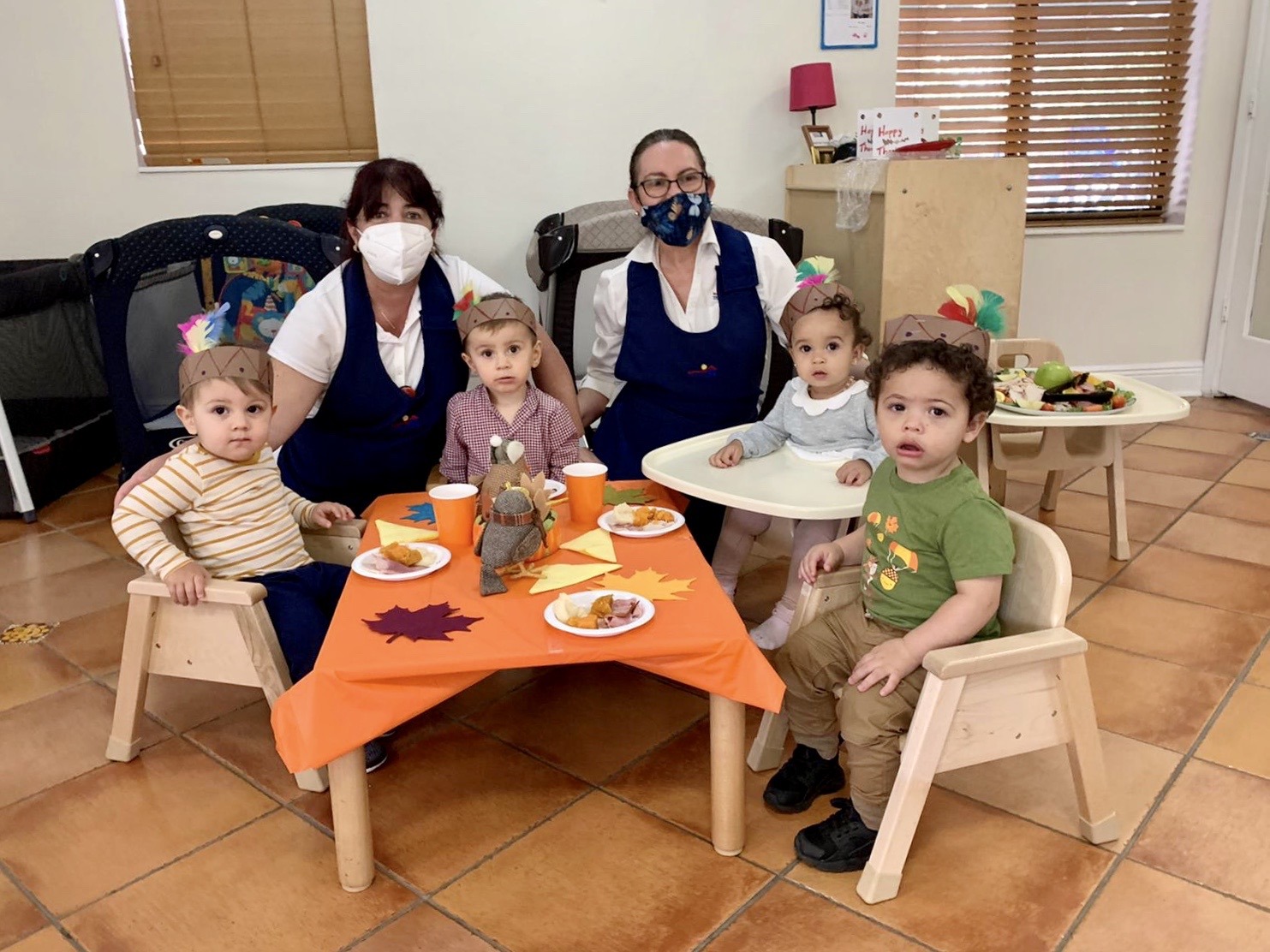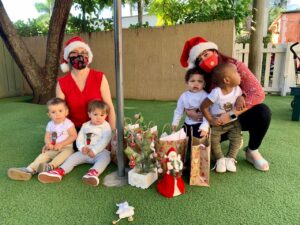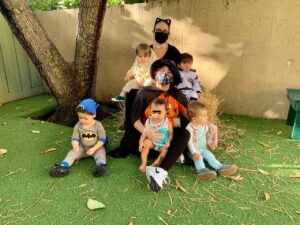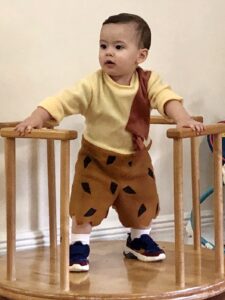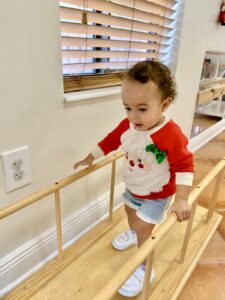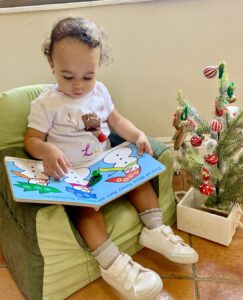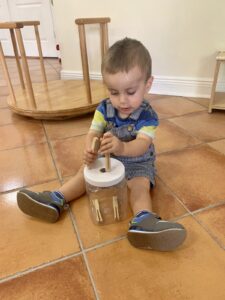“The child can only develop fully by means of experience in his environment.” – Dr. Maria Montessori in her book, The Absorbent Mind,
One of Dr. Maria Montessori’s findings in her study of early childhood education was that a child’s brain develops most rapidly during the period between birth and six-years-old. A Montessori education is designed to make the most of this period, introducing new ideas and experiences to early learners that can carry with them through their future studies.

And there’s no better way to get a start on this educational philosophy than with the iL Nido Class at La Prima Casa Montessori that caters to the early learning needs of children aged 6 to 18 months. Here are just some of the benefits our youngest Montessori students enjoy:
1. More Than Just Child Care. 
Montessori students are encouraged to concentrate, communicate and fo cus, which teaches them to act independently in a stimulating, structured environment. Unlike traditional child care services, our Il Nido program serves as an early introduction to the Montessori philosophy that is stimulating and engaging. The program offers young children a safe, nurturing environment that encourages development, not a distracting environment that is merely there to occupy the child’s time.
2. Designed To Learn.
The design of the Il Nido classroom is structured in a way to promote learning at an early age, with a clean, organized and uncluttered layout that promotes a peaceful atmosphere. Children whose first experience with learning is at a Montessori preschool begin their educational journey in an environment of nurturing independence. By building a foundation on the Montessori educational philosophy, preschool students are prepared for the next steps in their schooling.
3. A Calming Classroom.
Though Montessori students enjoy more independence than traditional students, that doesn’t mean the classroom is chaotic. Quite the opposite, in fact. Montessori preschools create a different structure for students than traditional preschools. Where traditional preschools are often organized around a strict schedule, a Montessori preschool gives the young student more leeway to follow their interests and choose activities that attract them.
4. Learning Through The Senses.
Our young Montessori learners find there’s a lot for their senses to explore. Preschoolers at Il Nido are able to see, hear, smell and touch all sorts of materials, like wood, straw, clay, rubber, vinyl and a wide array of fabrics. Toddler and Primary students in our preschool programs are also surrounded with a variety of natural elements. Unlike traditional preschools, the settings at Montessori preschool classrooms avoid bright colors and cartoonish displays that may prompt children to behave more rambunctiously.
5. Learning Life Skills.
One of the main principles of the Montessori educational philosophy is to promote practical life skills, like maintaining good hygiene, helping with chores and feeding and dressing themselves. Children who participate in the Montessori preschool classroom get an early start on learning many of these critical life skills.
Montessori preschool classrooms tend to provide a more calming environment that encourages tranquil play and learning. Because of this, Montessori education can be a liberating experience for a young child. In La Prima Casa’s iL Nido preschool program, children are not confined to cribs or playpens, but rather are given the freedom to move around and explore in a very safe, prepared environment.
To learn more about the opportunities that iL Nido offers a child between 6 and 18 months, please call La Prima Casa at (305) 854-8001 to schedule a school tour.

